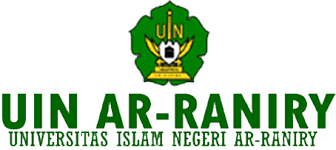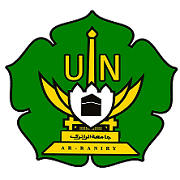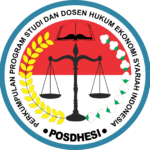MODAL EKONOMI DAN MODAL SOSIAL DALAM PENGELOLAAN WAKAF:
PENDEKATAN PIERRE BOURDIEU
DOI:
https://doi.org/10.22373/iqtishadiah.v5i2.5071Keywords:
Economic Capital, Social Capital, Waqf ManagementAbstract
Waqf has great potential to strengthen society through the distribution in an Islamic economy and the productive use of resources. Waqf is an instrument in the Islamic economy which has a significant role in the social and economic development of the people. Waqf is a gift of assets that cannot be sold, inherited or transferred ownership, which are used for the good and welfare of the community. Pierre Bourdieu is a French sociologist known for his contributions to social and cultural theory. His thinking has been very influential in various fields, including sociology, anthropology, and cultural studies. Several key concepts developed by Bourdieu include habitus, social, cultural and economic capital, and arena (field). This research analyzes the interaction between economic capital and social capital in waqf management. This research uses a qualitative methodology with a case study approach in several law enforcement agencies in Indonesia. Data collection used interviews conducted with great consideration, data analysis was carried out by applying Bourdieu's economic and social theory to identify individual behavior for each modality in Bourdieu's time management. The results of the analysis of Economic Capital and Social Capital in Waqf Management using Pierre Bourdieu's approach can include several important findings and contributions. This analysis provides a more comprehensive understanding of the complexity of waqf management, by considering the interaction between economic capital and social capital. This makes it possible to look beyond just economic or social aspects. Using Pierre Bourdieu's approach, these results illustrate the application of social theory in the context of waqf management. This shows that social theories can provide a deep understanding of the structural dynamics and interactions in Muslim societies. This conclusion has practical implications for waqf management, by providing insight into how economic and social capital influences waqf management practices. This can help waqf managers and policy makers to design more effective strategies. This analysis also contributes to the literature on waqf management, by providing a new and comprehensive perspective, these results can help in empowering communities to optimize the benefits of their waqf, as well as strengthening shared prosperity.
References
Asy-Syarbini, al-Khatib. Mugni Al-Muhtaj Ila Syarh al-Faz al-Minhaj. Beirut: Dar al-Fikr, 1952.
Bourdieu, P. PertanyaanPertanyaan Sosiologi. Yogyakarta: IRCiSod., 2020.
dkk, Sumarno. “‘Orientasi Modal Sosial Dan Modal Kultural Di Fakultas Ilmu Pendidikan U.N.Y.’” Jurnal Ilmu Pendidikan Vol.6 No.2 (September 2013): 70.
Hazm, Ibn. Kitab Al-Muhalla, n.d.
Lauer, R.H., trans. Perspektif Tentang Perubahan Sosial. Jakarta: Rineka Cipta, 2005.
Mukhtar, Lutfi. Pemberdayaan Wakaf Poduktif Konsep, Kebijakan Dan Implementasi. Makassar: Alauddin University Press, 2012.
Qahaf, Munzir. Manajemen Wakaf Produktif. Jakarta: Khalifah, 2000.
Suwaidi, Ahmad. “Wakaf Dan Penerapannya Di Negara Muslim.” Jurnal Ekonomi dan Hukum Islam (2011): Vol.1 No.2.
Wacquant, L. Pierre Bourdieu and Democratic Politics. Cambridge: Polity., 2005.
Tentang Wakaf. UU. No.41, 2004.
Downloads
Published
How to Cite
Issue
Section
License
Copyright (c) 2024 desy khoirur rusida

This work is licensed under a Creative Commons Attribution-ShareAlike 4.0 International License.










